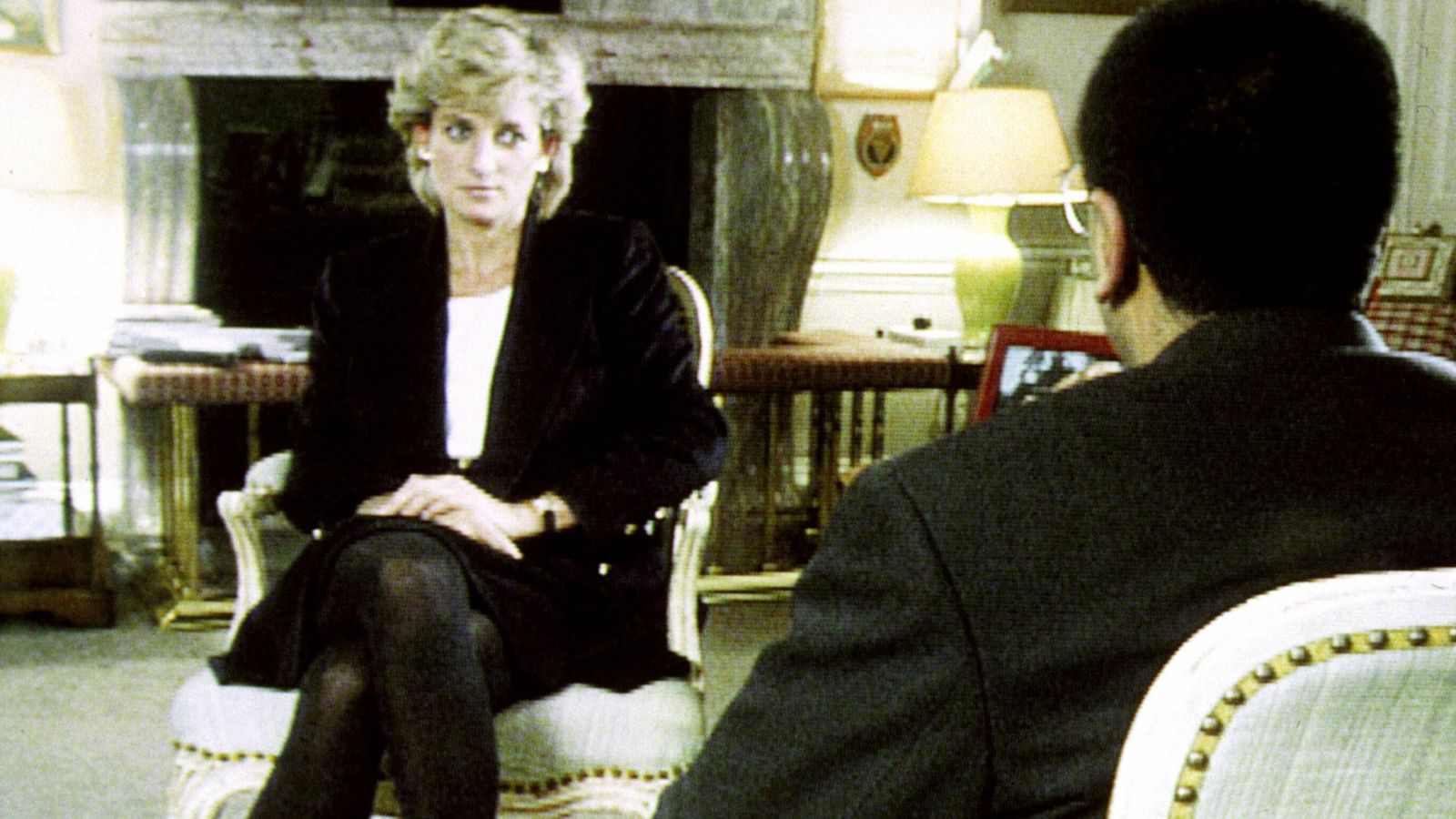The BBC is facing “serious questions” over why it rehired Martin Bashir after an internal review into the journalist’s interview with Princess Diana.
Digital, Culture, Media and Sport Committee chairman Julian Knight said he was writing to the corporation’s current director-general Tim Davie, who took up the role last year, about the decision to employ him again in 2016.
It was then that Bashir became the BBC‘s religious affairs correspondent – some two decades after the Panorama episode that made him a household name in journalism.
Mr Knight said: “In the wake of the Dyson report there are serious questions still left to answer.
“Namely, why was Martin Bashir rehired, with the BBC knowing what they knew?
“I want to know how the BBC can reassure the committee that there could be no repeat of the serious failings that have been highlighted by the Dyson report.
“Now more than ever the BBC must show transparency and honesty in its response.”
Following the release of a damning report into how the interview was arranged, the former director of BBC News apologised for the decision to rehire Bashir, who later became religion editor.
James Harding, who held the post when Bashir was rehired, said responsibility for the journalist returning to the corporation “sits with me” and acknowledged that the situation was “really distressing for everyone and depressing for anyone who cares about journalism or cares about the BBC”.
Speaking to BBC News on Friday about rehiring Bashir, Mr Harding said: “So much of what is known now was not known then – and not by me.
“I didn’t know and if I had known he wouldn’t have got the job.
“The fact, I can’t help feeling that the fact he was rehired in 2016 has made it more difficult for everyone so I am sorry that he was.”
Another former BBC journalist, Breakfast’s Andrew Carapiet, said trust in the corporation had been “eroded” by the fallout from Lord Dyson’s newly-released report, which drew anger from Prince William and Prince Harry.
Lord Dyson’s report into how Bashir got the scoop and then how the BBC covered up his “deceitful behaviour” said the broadcaster “fell short of the high standards of integrity and transparency which are its hallmark”.
Bashir was in “serious breach” of BBC guidelines when he faked bank statements and then showed them to Diana’s brother Earl Spencer to gain access to the princess, the report said.
Former director-general of the BBC Lord Hall led an internal investigation into the Diana interview in 1996, which Lord Dyson described as “woefully ineffective”.
Please use Chrome browser for a more accessible video player
Mr Carapiet told PA news agency: “The BBC is a public service broadcaster, it’s independent and it has to maintain proper balance and due impartiality.
“All of this gets eroded by the stories around what Martin Bashir did or didn’t do, and whether it’s been properly investigated or not.”
Lord Hall has apologised for his role in the original investigation and said: “I was wrong to give Martin Bashir the benefit of the doubt, basing that judgment as I did on what appeared to be deep remorse on his part.”
A BBC spokeswoman said: “Trust is the cornerstone of everything we do. We must uphold the highest possible standards and that is what we will do.”
The BBC has written to senior members of the Royal Family to apologise for the circumstances surrounding the interview, in which Diana said: “Well, there were three of us in this marriage, so it was a bit crowded”, a reference to Camilla Parker Bowles – who Charles later married.
Personal expressions of regret have been sent to the Queen, the Prince of Wales, William and Harry, and Diana’s brother Charles, Earl Spencer.
Please use Chrome browser for a more accessible video player
It comes as a former BBC executive who was part of the 1996 internal investigation stepped down from the board of broadcasting regulator Ofcom.
Chief executive Dame Melanie Dawes said: “By mutual agreement, Tim Suter, Ofcom board member and chair of Ofcom’s content board, is stepping down with immediate effect.
“We would like to thank Tim for his contribution to Ofcom.”
Suter was previously the managing editor of weekly programmes in BBC News and current affairs.





















